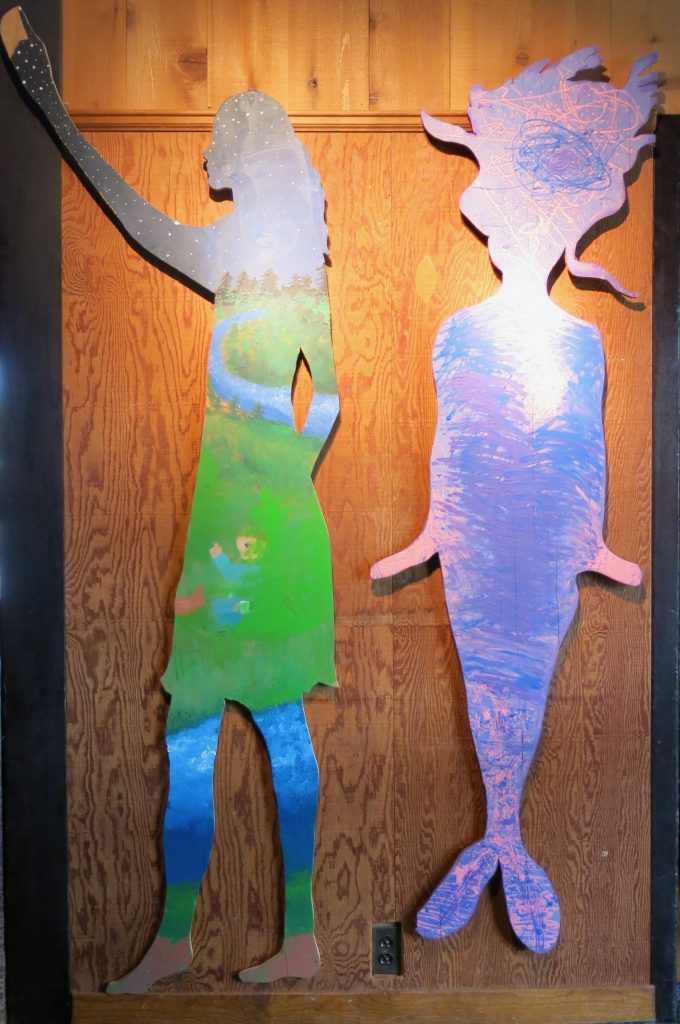New to this website?
What is “curriculum” anyway? The answer may surprise you — read this page to learn more
Find out about the philosophy of this site — Values-based children and youth programming
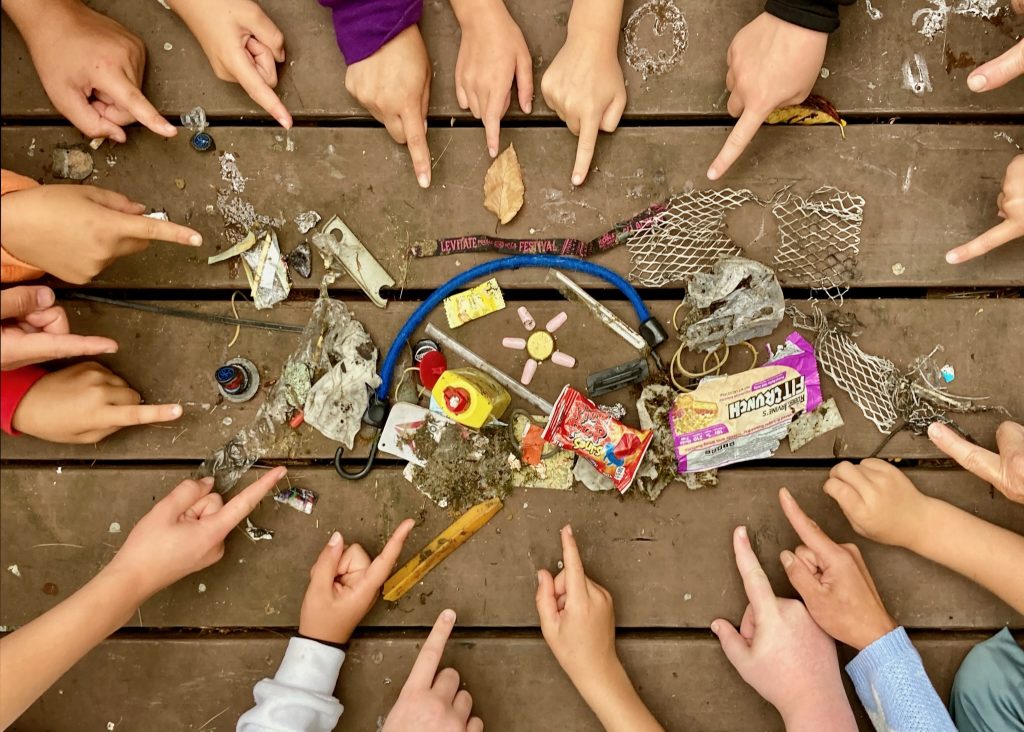
Materials to support curriculum
The Supporting Materials page contains links to a big collection of games, a big collection of stories, and a variety of other material that can be used to support programs for children and teens.
Recently revised curriculums
Greek Myths
Greek Myths, 8 sessions for grades 3-5. Revised in 2024. A story-based curriculum introducing the cultural heritage of ancient Greece. This curriculum nurtures cultural literacy, develops critical thinking, helps children think about morality, and promotes feminist thinking (all genders are equally worthy).
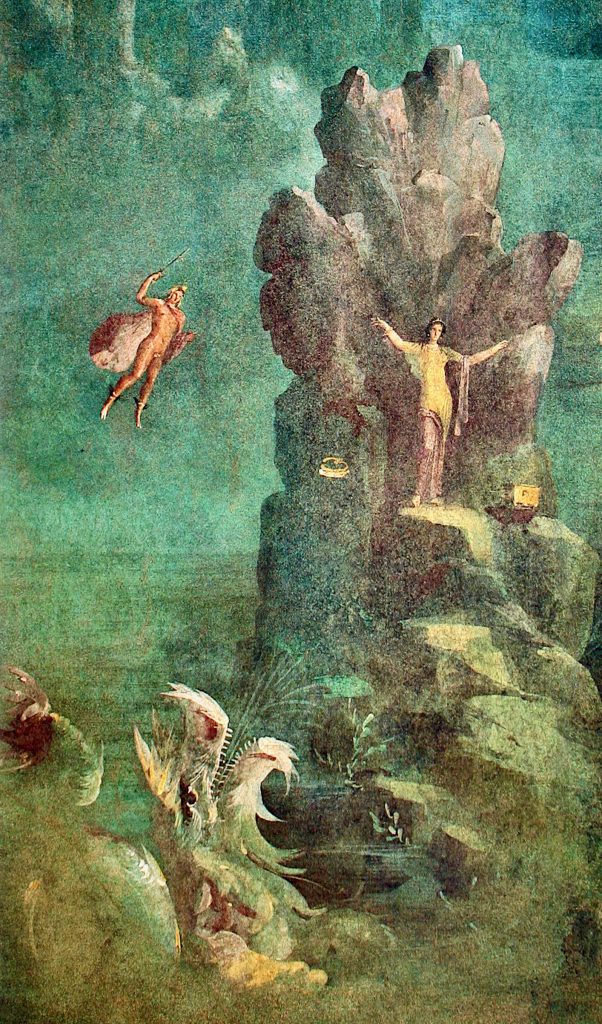
From Long Ago
From Long Ago, 8 sessions for grades 3-5. Revised in 2024. Story-based curriculum introducing stories from a variety of cultures and religious traditions. Using insights from contemporary religious studies, this curriculum is a distinct departure from the Euro-centric bias found in many UU programs for kids.
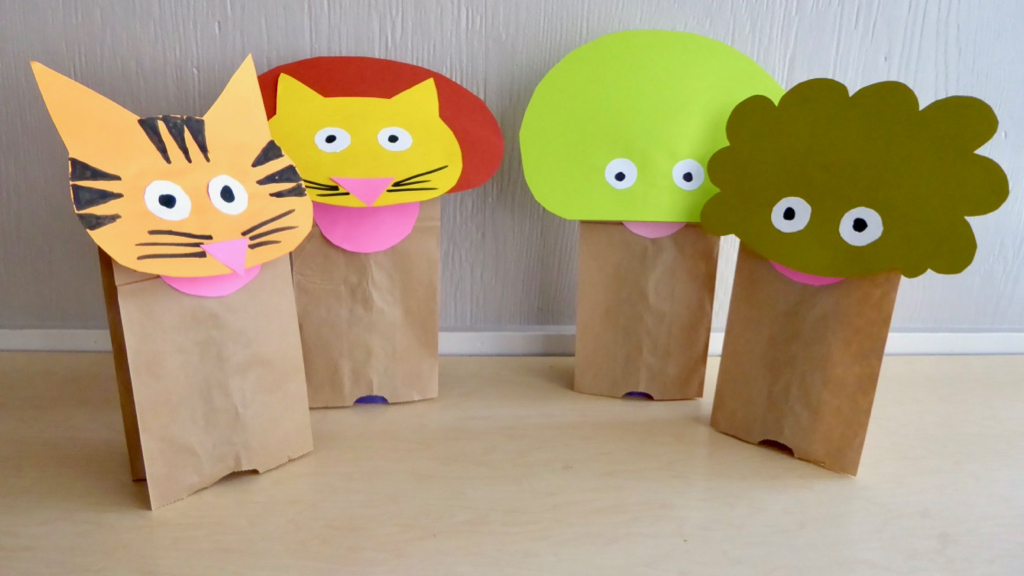
Ecojustice Class
Ecojustice Class, year-long course for grades 6-8. Revised in 2023. A year-long project-based curriculum that teaches ecojustice concepts through hands-on activities. For example, students help build a simple rocket stove, cook on it, while also learning how rocket stoves help women who have to cook using wood fuels. Many of the lessons take the students outdoors, and the curriculum will have to be adjusted for your climate, seasons, and bioregion.
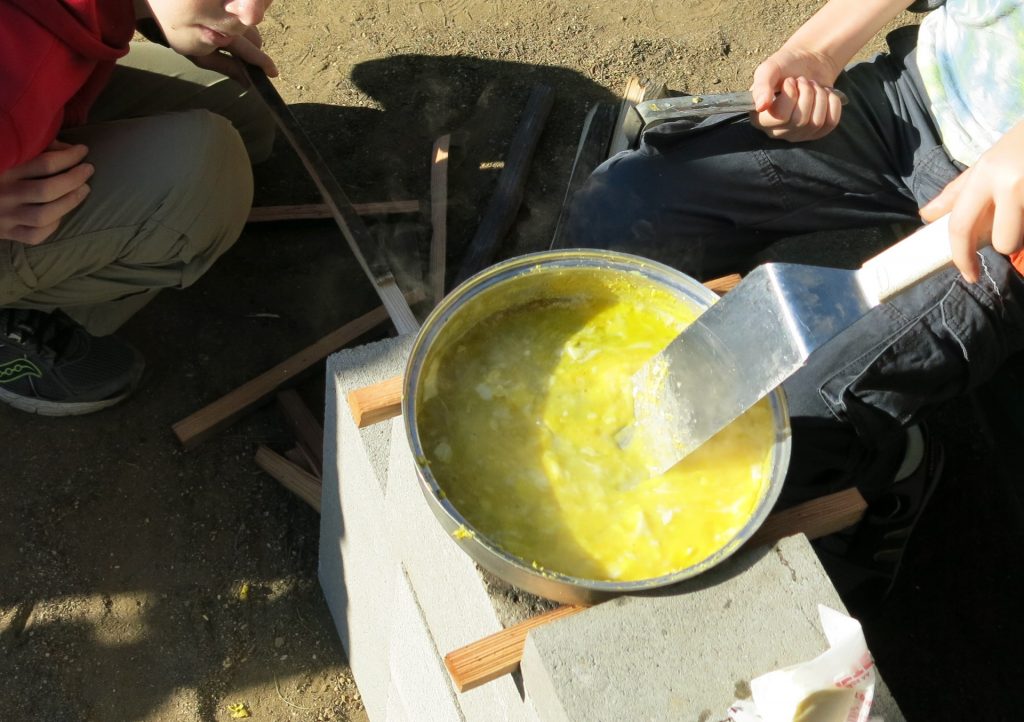
Coming of Age
Coming of Age, year=long program for gr. 8-10. Revised in 2022. A flexible curriculum for Coming of Age that can be adapted to a wide range of congregations and schedules. This curriculum is laser-focused on preparing teens to think about their religious self-identity, putting that identity into words, and successfully reading their statement of religious identity in a worship service. This curriculum is inclusive of persons from diverse backgrounds, and it incorporates new insights about religion from religious studies scholars.
